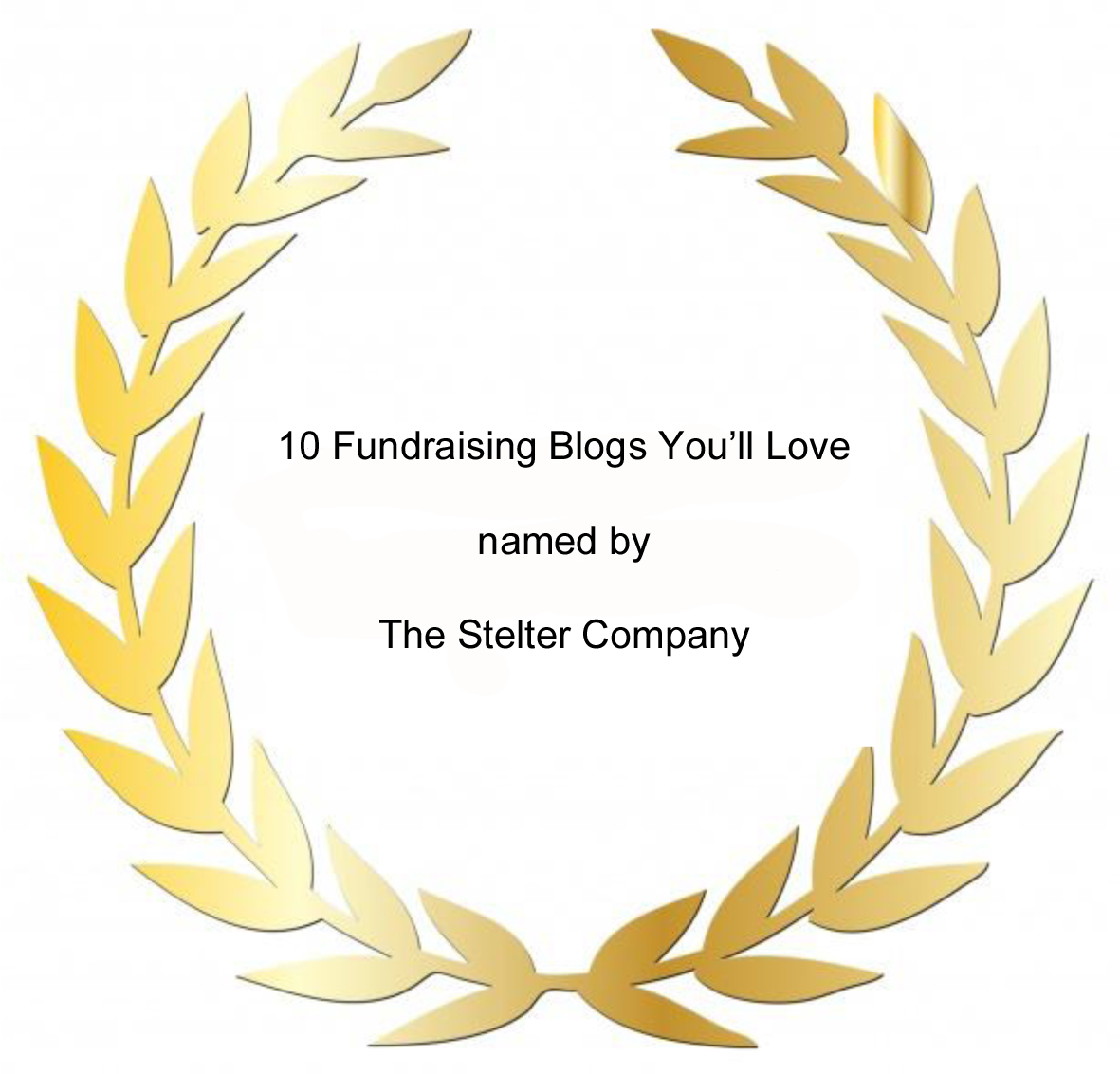Seven months ago, I first reported that Spelman College announced the suspension of an endowed professorship in humanities that was funded by Bill and Camille Cosby. At that time, I called on the College to either renegotiate the gift or return it to the Cosby family.
 On July 26, 2015, the College revealed its decision to terminate The William and Camille Olivia Hanks Cosby Endowed Professorship and to return the donation to the Clara Elizabeth Jackson Carter Foundation, established by Camille Cosby.
On July 26, 2015, the College revealed its decision to terminate The William and Camille Olivia Hanks Cosby Endowed Professorship and to return the donation to the Clara Elizabeth Jackson Carter Foundation, established by Camille Cosby.
Last December, Spelman issued this one-paragraph statement:
December 14, 2014 — The William and Camille Olivia Hanks Cosby Endowed Professorship was established to bring positive attention and accomplished visiting scholars to Spelman College in order to enhance our intellectual, cultural and creative life; however, the current context prevents us from continuing to meet these objectives fully. Consequently, we will suspend the program until such time that the original goals can again be met.”
Amid mounting accusations of sexual assault involving Bill Cosby, the College decided to terminate the endowed professorship. As of this publication date, Cosby has not been charged with any related crime.
As I stated in my December post, nonprofit organizations are ethically required to use a donor’s contribution in the way in which the donor intended. The applicable portions of the Donor Bill of Rights “declares that all donors have these rights”:
IV. To be assured their gifts will be used for the purposes for which they were given….
V. To receive appropriate acknowledgement and recognition….
VI. To be assured that information about their donations is handled with respect and with confidentiality to the extent provided by law.”
The relevant passages from the Association of Fundraising Professionals Code of Ethical Principles state:
14. Members shall take care to ensure that contributions are used in accordance with donors’ intentions….
16. Members shall obtain explicit consent by donors before altering the conditions of financial transactions.”
By returning the gift after deciding not to use it for the intended purpose, the College acted ethically. However, a number of other ethical questions remain unanswered:
- Did the gift agreement between the Cosbys and the College allow for the termination of the endowed professorship? If not, did the College obtain consent from the Cosbys to do so?
- Did the College attempt to renegotiate the terms of the gift (i.e.: the name of the endowed professorship) since the money came from Camille Cosby’s foundation rather than directly from Bill Cosby?
- Why did the College choose to go public with this news rather than handle the matter “confidentially” as required by the Donor Bill of Rights?
Other than issuing a brief statement, a spokeswoman for the College refused to answer any questions on the subject.
The answers to the questions might show that Spelman College acted well within its rights and completely ethically. Unfortunately, we simply don’t have a complete picture of the situation at this point.
In my December post, I wrote:
If [Spelman College] is not going to use all or part of the Cosby donation as the family intended, it should return an appropriate portion of the funds to the family.”
So, while we do not have a full picture of the situation, I’m nevertheless pleased that the College has at least taken the important step of returning the gift.
For more information about the complex subject of returning a supporter’s donation, read my post: “Can a Nonprofit Return a Donor’s Gift?”
That’s what Michael Rosen says… What do you say?
UPDATE (Dec. 29, 2015): Bill Cosby has been charged for sexual assault in Pennsylvania. While approximately 40 women have accused Cosby of sex crimes, this is the first time he has been officially charged with a crime. Cosby is free on bail. You can read more by clicking here.
UPDATE: (April 26, 2018): With a hung jury, Bill Cosby’s first trial for sex crimes ended in a mistrial. This month, the case was retried. This time, Cosby was found guilty and now awaits sentencing. You can read more by clicking here. Following Cosby’s conviction, Temple University announced that it will consider rescinding the honorary degree it had granted him; you can learn more by clicking here.
UPDATE: (April 27, 2018): Joining dozens of other colleges and universities, Temple University has rescinded the honorary degree it had awarded to Bill Cosby. Yale University, which has had a long-standing policy of not revoking honorary degrees, is now considering whether or not to overturn the precedent and rescind Cosby’s honorary degree.
UPDATE: (September 25, 2018): Bill Cosby was sentenced to 3-10 years in state prison following his conviction. You can learn more by clicking here.
UPDATE: (June 30, 2021): The Pennsylvania Supreme Court has overturned the conviction of Bill Cosby and has released him from prison. He had served more than two years of his 3-10 year sentence. The PA Supreme Court barred a retrial. For more information, click here.








